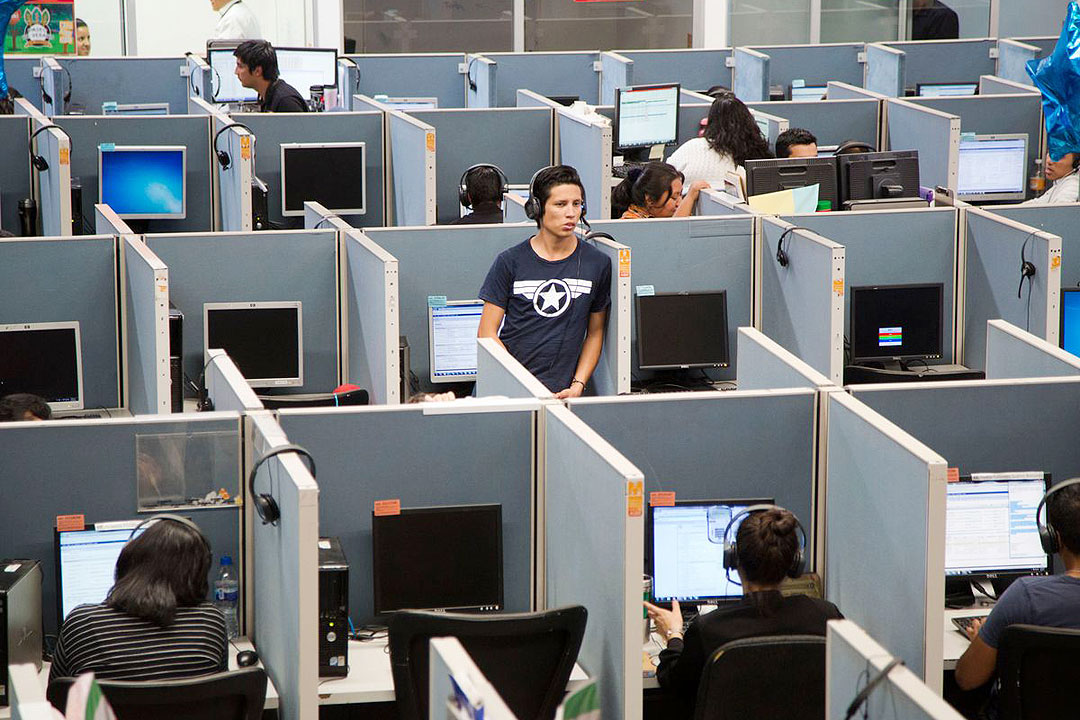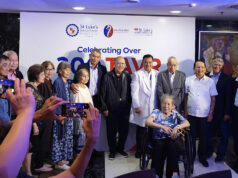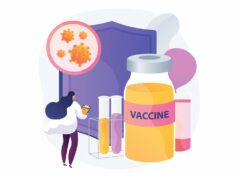
Filipina scientists have found a link between breast cancer, stress, and disturbed circadian rhythms, as seen in those who work night shifts or travel frequently.
A gene called Krüppel-like factor 9 (KLF9) is suppressed in breast tumors as compared to normal breast tissue, according to molecular biologist Pia D. Bagamasbad and her student, Weand S. Ybañez, from the University of the Philippines-Diliman’s National Institute of Molecular Biology and Biotechnology.
KLF9 restricts breast cancer tumorigenesis, or the formation of tumors, their study, which was published on Feb. 23, found.
According to the study, KLF9 exhibits a cyclical pattern as part of a healthy circadian cycle, or the daily sleep-wake pattern that is set by light and is thus affected by changes in a person’s exposure to light and dark.
In June 2019, a working group convened by the International Agency for Research on Cancer likewise concluded that night shift work is “probably” carcinogenic—or cancer-causing—to humans.
“Circadian disruption is an emerging driver of breast cancer, with epidemiological studies linking shift work and chronic jet lag to increased breast cancer risk,” the NIMBB research team said in a March 1 press statement.
The expression of KLF9 “exhibits a downward trend as breast cancer gets more severe,” Ms. Bagamasbad said in an e-mailed statement. “A solution for night-shift workers to restore the regularity of their circadian rhythm … is to stay in the dark when it is normally daytime outside.”
“As for the incidence of breast cancer among BPO [business process outsourcing] workers, I do not think such epidemiological studies have been conducted here in the Philippines,” she said.
Breast cancer is the most common cancer among Filipino women and the third-leading cause of cancer-related deaths in the country.
The Philippines adds at least 27,000 new cases of breast cancer each year, according to Marvin Jonne Mendoza, head of the section of medical oncology at the National Kidney and Transplant Institute.
Each breast cancer patient needs P300,000 to P450,000 to complete the required 18 treatment cycles for the disease, he noted. — Patricia B. Mirasol



